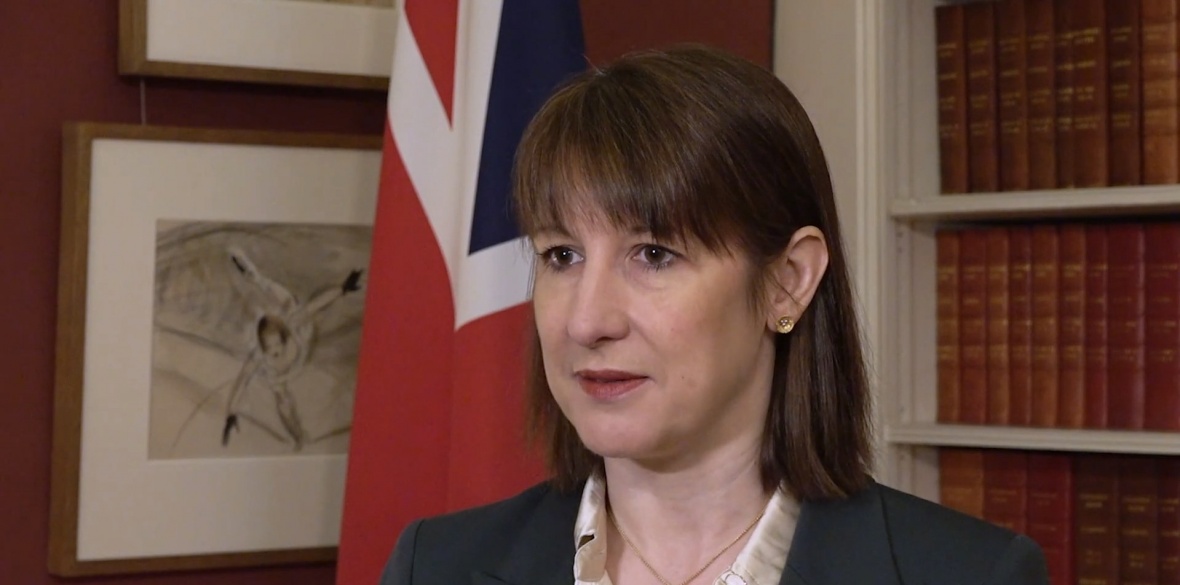This is the last article you can read this month
You can read more article this month
You can read more articles this month
Sorry your limit is up for this month
Reset on:
Please help support the Morning Star by subscribing here
COUNCILS face a £8 billion black hole that would “severely hinder” their ability to help ministers boost sustainable economic growth, the government was warned today.
In its submission to the Treasury ahead of the spending review later this year, the Local Government Association (LGA) said urgent action was needed by Chancellor Rachel Reeves to ensure local authorities have the necessary financial headroom to deliver on the government’s priorities.
Analysis by the association found that at the current trend of rising costs and increasing service demands, councils face an eyewatering £21.4bn — a 29.8 per cent increase — to the cost of delivering services by the end of 2028-29.
This would create collective funding gaps of £1.9bn this year, rising to £4bn next year in 2026-27, £6bn in 2027-28 and £8.4bn in 2028-29.
LGA chairwoman Louise Gittins said: “Councils hold the key to public-sector reform which is a clear ambition of government.
“As leaders of their communities and major local employers, they must play a critical role in promoting sustainable and inclusive growth.
“We know that there are huge financial challenges ahead for government.
“However, sufficiently funding councils in the spending review would enable them to fully play their part in leading local growth priorities and unlock the full potential of their local people, businesses and places.”
The LGA warning comes as 18 councils required exceptional financial support to balance their 2024-25 budgets, as they are legally required to do.
One in four council chief finance officers told a recent survey that their authority had either already applied for financial assistance to support their budgets in 2025-26 or they expected to do so this year or next.
The spending review is to set three-year department budgets this June.
Unison head of local government Mike Short said the desperate state of council funding was “having a dire impact on the workforce delivering these vital services” with staff leaving due to stagnating pay and the promise of better-paid, less stressful work in other sectors of the economy.
“Whole communities are losing out” as services continue to be cut he continued.
“As a result, there are too few social workers, planners and environmental health officers, care services are unable to meet demand and more youth clubs are closing, leading to lost opportunities and increased crime.
“Years of shrinking funding mean the very structure of local government is in peril. Services need rebuilding, and soon.”







